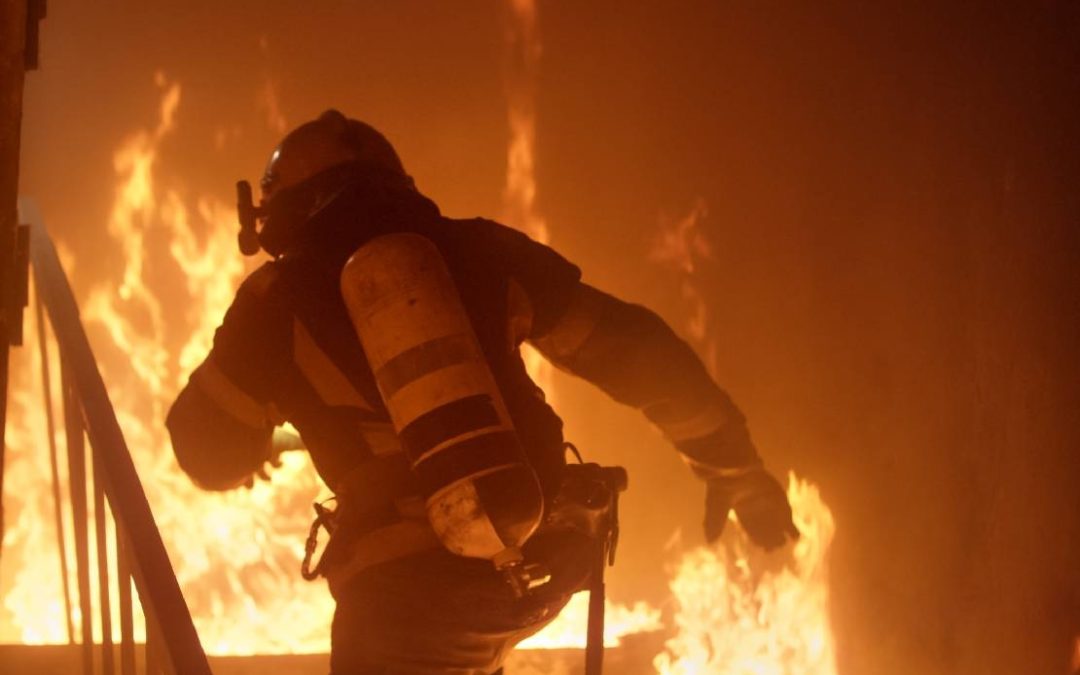More than two-thirds of UK adults do not have an extinguisher at home.
A careless approach to domestic fires is putting millions of people in the UK at risk of death or injury, with confusion and ignorance over fire safety acting as the leading cause.
New research from Firexo has found that 67% of UK adults do not have an extinguisher at home and 81% do not have one in their car, leaving them with no instant means of defending themselves and their property.
To make matters worse, only four in 10 (38%) UK adults claim to know the correct fire extinguisher to use on each different class of fire, which could have potentially devastating consequences if used incorrectly. Perhaps most shockingly of all, more than a third (36%) do not know how to operate a fire extinguisher at all.
Many UK adults are not prepared to take responsibility when disaster strikes, with over 4 in 10 (45%) admitting that they would choose to let someone else tackle a fire – mainly due to the fear that they would make the situation worse. This figure rises to 58% of UK adults aged 18-30 years old and 69% of students.
The findings are particularly worrying for common domestic fires. Nearly three-quarters (71%) of UK adults do not know how to correctly put out a cooking oil fire, the most likely scenario to happen in their kitchen. Furthermore, just two thirds (67%) of UK adults have equipped their homes with the most basic of fire safety tools, a smoke detector(s).
Dave Breith, CEO of Firexo, comments: “Brits need to sit up, get smart and take fire safety seriously. As a nation, we’re using the latest technology such as smart doorbells and connected cameras to keep our homes protected, but leaving ourselves at serious risk of personal injury, as well as losing our homes, heirlooms and sentimental items.
“Our research has discovered some very frightening statistics about how people approach their fire safety, yet the potential emotional impact of a disaster does not bear thinking about.”
However, if the confusion around which fire extinguisher to reach for could be removed, they would attempt to put out a fire themselves. 7 in 10 UK adults (69%) said they would be prepared to use a fire extinguisher if they were confident it is the correct type for the fire they are tackling. More than three-quarters (76%) also believe it would be helpful if there was one type of extinguisher available that can deal with any kind of blaze.
“Using the wrong extinguisher to put out a fire can often make the emergency much worse and lead to disastrous consequences. The next stage in solving this problem is removing any confusion over the differences between extinguishers.” adds Breith.
“Evacuation will always be the best policy for large fires in a dwelling. However, a simple and effective solution in the home could empower members of the public to feel safer and more confident in tackling a small and manageable blaze, before it has the chance to grow into a large fire that ends with the loss of possessions, property and even life.”
Government statistics show that it takes the Fire Brigade on average eight minutes and 45 seconds[1] to attend a call out in England. Stopping a small fire dead in its tracks, rather than allowing it to grow out of control whilst waiting for the emergency services, could mean the difference between a near miss and a major disaster.

Recent Comments